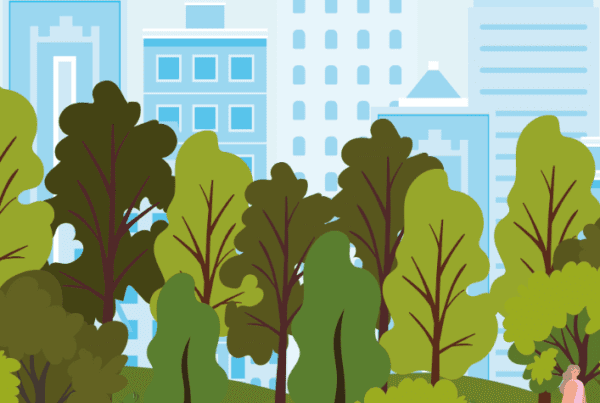A note from the editor: An older volunteer approached me wanting to post on our website some charts and information from a recent article about intergenerational inequities. I thought it might be interesting to also get a younger volunteer to write a blurb about it (I’m somewhere in the middle). Below are both pieces – can you tell which is which? The underlying emotions and delivery are different, but they both agree that something anything must be done – and urgently.
-Cat X.
Written by Lily R.
The effects of climate change have been steadily increasing, leaving little time for people to rectify the damage before much of it irreversibly harms the planet. A major cause of this environmental impact has been wrought by past generations who will not have to experience the worst effects of it. Such effects include extreme weather events, wildfires, crop failures, droughts, river floods, heat waves, and hurricanes.
A study in the Journal of Energy Research & Social Science has found that younger people have lower household energy usage. Thus, while a younger generation are more conscious of environmental impact, they will be the more burdened by the damage. According to the Guardian “climate change began in 1960, but no one, including the climatologists, recognised it.” Even as crops failed, livestock died, and famines were widespread – climate change advocates were slow to have an impact.
It is imperative that we start addressing these critical issues before it’s too late to have an impact. Various “green energy” ideas have been floated by scientists to slow down the decay that technology and pollutants have spewed. Among the viable plans generated by activists, some impactful changes have been embraced. We now have hybrid and electrical cars, cutting down on dangerous energy emissions. Better public transportation, high speed rails, carpool lanes and bike lanes all help. Plant-based cuisine is growing worldwide as an alternative to deal with massive food shortages.
Written by Bob R.
One of the most immoral aspects of climate change is how the present generation of humans is willing to burden future generations with the consequences of our actions. A recent article in Science magazine highlights the intergenerational inequities.

Table 1 shows how people born in 2020, during the course of their lives, will experience quadruple the amount of exposure to heat waves than people born in 1960 even if global warming is kept to the Kyoto goal of 1.5º C. In the scenario where global warming proceeds according to current pledges for reduction, future generations will have seven times more exposure to heat waves than the 1960 generation.

Table 2 shows how, between1960 and 2020, the amount of land area exposed to heat waves increased dramatically from about 3% to about 11% of global land area. On our current course, people born in 2020 will live to see nearly half (45%) of the globe experience annual heat waves. However, if we can keep global warming to the 1.5º target, we can level off this increase so it is “only” 23% of the globe (about double what it is now).

Table 3 compares the lifetime increase in exposure to catastrophic climate events for a person who is currently about 40 years old, compared to someone born recently. It shows how various regions of the world will differ in exposure to wildfires, crop failure, drought, flooding and extreme heat days. As an example: people in North America who are currently 40 years old will see a fourfold increase in drought over the lifetime, while newborns will see double that, more than an 8-fold increase in drought conditions.
In summary: the brunt of climate change will be suffered by future generations, so much more so that current generations may have difficulty appreciating the extremity of the problem we are exposing them to.
Source: Thiery, W. et. al.(2021). Intergenerational inequities in exposure to climate extremes. Science, 374 (6564), 158-160.





